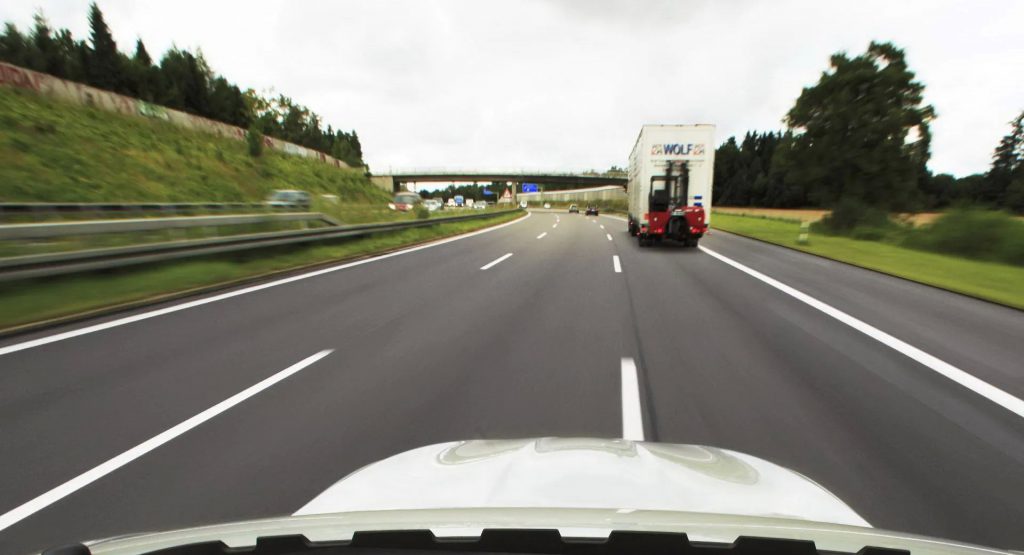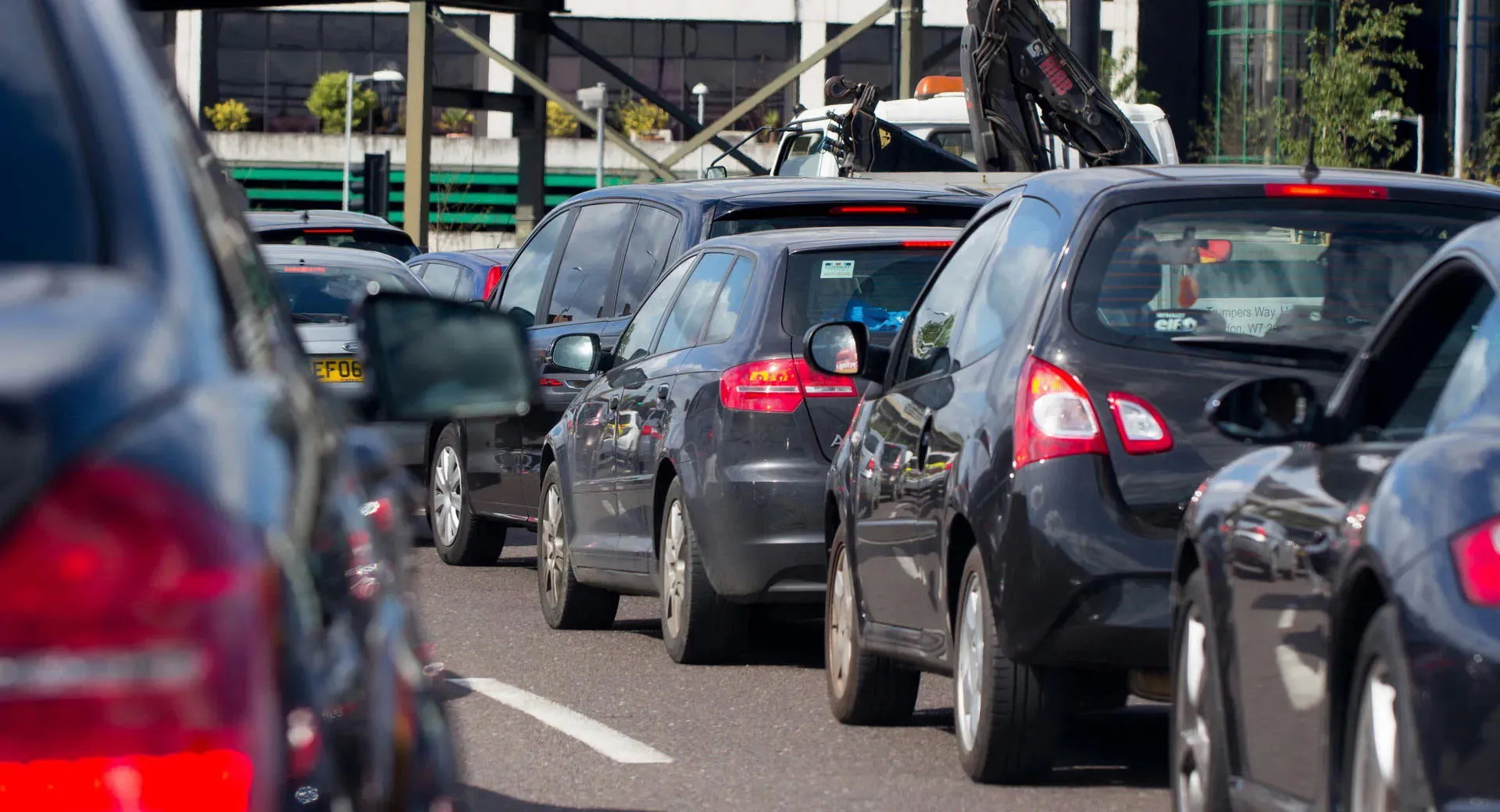The European Union’s environment agency published new data on Wednesday showing that the average CO2 emissions of new cars registered in the EU and UK has increased for a second consecutive year in 2018, hitting 120.8 g/km, an increase of 2 grams.
Now carmakers have been warned that they must increase their efforts to meet stringent emissions targets, or face fines.
The goal is to slash emissions by 27 percent compared to 2018 levels, with 2020 targets set at 95g/km on average for new cars.
Read Also: France Tops EU Countries With Generous $13,000 EV Incentive
“Manufacturers will have to improve the fuel efficiency of their fleet and accelerate the deployment of zero- and low-emission vehicles,” said the European Commission.
The increase in average emissions in new cars was reportedly caused (mostly) by the ongoing shift away from fuel-efficient diesels to gasoline-powered cars, with the share of diesel fleets dropping by 9 percent, reports Autonews Europe. Back in 2018, 60 percent of new cars were gasoline, while diesels accounted for 36 percent.
This shift in emissions is also said to have been influenced by changing consumer preferences, as buyers began to opt for larger and heavier gasoline-powered SUVs.
“New registrations of zero- and low-emission cars increased in 2018 but represented only around 2 percent of new car registrations, compared to 1.5 percent in 2017,” added the Commission.
Reducing CO2 emissions is one of the EU’s biggest challenges. The Union wants to become climate-neutral by the year 2050 under its ambitious Green Deal strategy. The Commission is currently considering even stricter goals for car pollution and an extension of the region’s carbon market in order to cover road transport.




